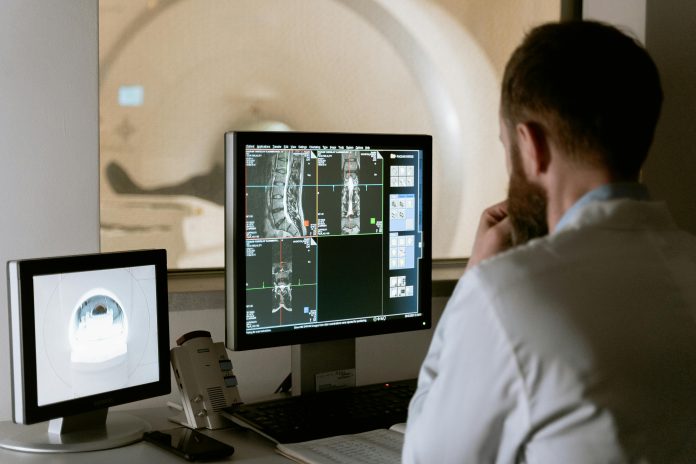In the complex healthcare landscape, navigating various medical conditions often requires the expertise of a specialized group of professionals—radiologists. To get the help you need in unraveling the mysteries within the human body, these medical experts play a pivotal role. In this blog, we’ll delve into the world of radiologists, exploring their essential functions, the diverse fields they contribute to, and the skills required for this critical profession.
Who are Radiologists?
Radiologists are medical doctors who specialize in interpreting medical images. They are experts in understanding the intricacies of different imaging modalities and are trained to correlate these findings with patient’s medical histories and other diagnostic tests. This multifaceted approach allows them to provide accurate and comprehensive diagnoses.
Diagnostic Radiology: Peering Inside the Body
One of the primary responsibilities of radiologists is diagnostic imaging. This includes X-rays, computed tomography (CT) scans, magnetic resonance imaging (MRI), ultrasound, and nuclear medicine scans. Each modality offers a unique perspective, enabling radiologists to visualize different structures within the body and identify abnormalities.
Interventional Radiology: Precision Medicine in Action
Interventional radiologists are specialists who use imaging guidance to perform minimally invasive procedures. These can range from biopsies and angioplasties to treating tumors and delivering targeted therapies. The precision of interventional radiology reduces the need for traditional surgery, often leading to faster patient recovery times.
Radiation Oncology: Battling Cancer with Precision
In radiation oncology, radiologists collaborate with oncologists to develop treatment plans for cancer patients. Using high doses of radiation, they target and destroy cancer cells while sparing healthy tissues. This requires a deep understanding of patient care’s oncological and radiological aspects.
Skills Required: Beyond Medical Knowledge
Radiologists need more than just medical expertise. Excellent communication skills are crucial; they often interact with patients, referring physicians, and other healthcare professionals. Attention to detail, critical thinking, and adaptability are essential traits in this rapidly evolving field.
The Evolution of Technology: Shaping the Future of Radiology
Advancements in technology continue to reshape the landscape of radiology. Artificial intelligence is becoming increasingly integrated into image interpretation, aiding radiologists in detecting abnormalities and optimizing workflow. Staying abreast of these technological developments is a constant requirement for professionals in this field.
Conclusion
Radiologists, often working behind the scenes, are the unsung heroes of healthcare. Their expertise in medical imaging contributes significantly to accurate diagnoses and effective treatment plans. As technology advances, so does the role of radiologists, ensuring they remain at the forefront of modern medicine.



















